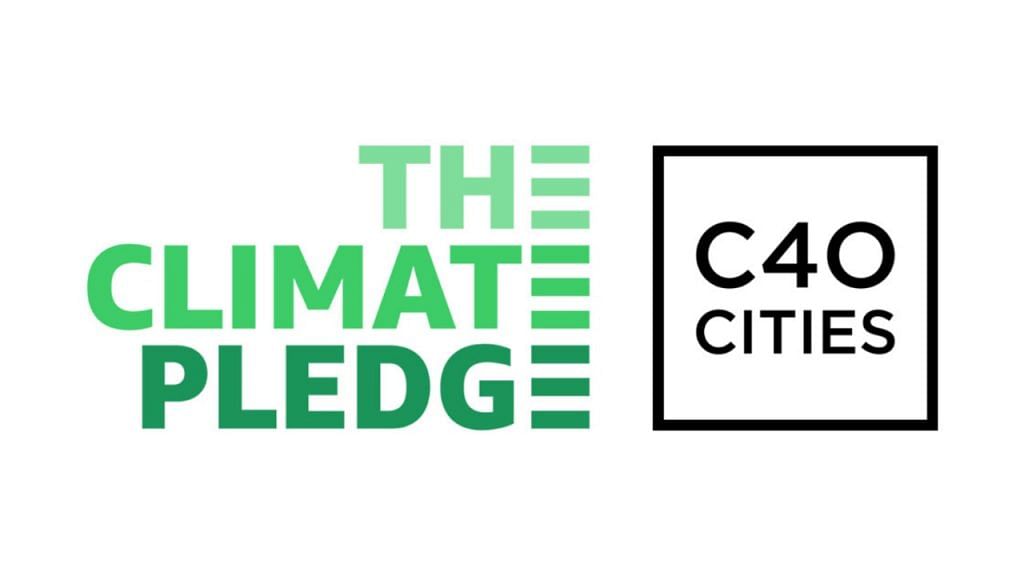
C40 Cities and The Climate Pledge announced a first-of-its-kind collaborative demonstration project in India on 20 November, 2024. the first stage of testing electric vehicle (EV) trucks along the 350-kilometer highway corridor between Bengaluru and Chennai.
Along the corridor, the trucks will move commercial goods, allowing for an analysis of the cost-effectiveness and operational viability of electric vehicles for long-distance transportation. ChargeZone, BillionE, Ashok Leyland, and Amazon are important partners in this partnership.
Global Leader of The Climate Pledge, Sally Fouts said: “Decarbonising freight is essential for India to reach its net-zero goals. The strength of Laneshift is in the collaboration that brings together the key players: electric vehicle manufacturers, logistics experts, and leaders in infrastructure. This project demonstrates the ethos of The Climate Pledge – together, we can move faster to decarbonise operations and we are thrilled to do so in India.”
Starting along NH48, which connects Bengaluru and Chennai, BillionE, an e-mobility-as-a-service company, will operate 20 heavy-duty Ashok Leyland EV trucks (up to 55 tonnes) with a range of payloads for six months. This will allow them to gather real-time fleet data and show the social, economic, environmental, and technical feasibility of moving to electric freight. Using ChargeZone’s charging infrastructure solutions, signatory Amazon will also take advantage of the route.
The project is part of Laneshift, a zero-emission international freight initiative launched by the Pledge and C40 Cities in 2023.

Managing Director, Regions and Mayoral Engagement, C40 Cities, Shruti Narayan said: “We’re excited to announce this collaboration, highlighting the economic and operational viability of electric trucks. Focusing on key corridors like NH48 will optimize charging infrastructure and reduce costs. Aligned with initiatives like e-FAST India, this effort supports national priorities for freight electrification. If electric medium-duty trucks were responsible for 60% of journeys, and heavy-duty trucks 35%, along the Bengaluru-Chennai route by 2035, it could prevent 231,000 tons of CO2 emissions and generate fuel cost savings of US$94 million – driving meaningful progress in India’s freight decarbonisation.”
In order to move the project from demonstration to implementation with viable, scalable solutions that will sustain the growth of EV freight throughout India, the project’s outcomes will be utilized to create a national EV Highway Roadmap for India and offer vital information that will assist in sending demand signals to stakeholders.






